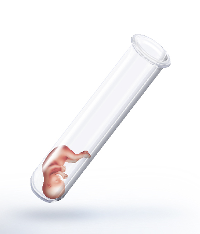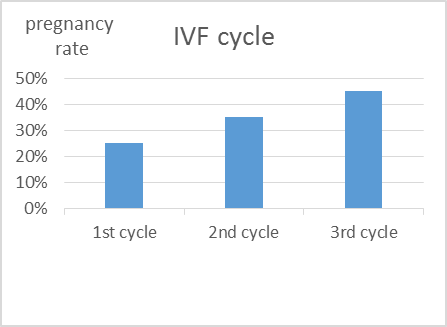Infertility & Assisted Reproductive Technology

What is infertility? Infertility or subfertility is defined as the failure to conceive following twelve months of regular unprotected intercourse.
In Hong Kong, one in every six couples has infertility problems. Infertility is considered as a medical concern and requires treatment. Apart from fertility technologies, other methods of treatment include advice on having sex around the ovulation day and treatment with medicine or surgery. If couples do not face this problem positively, they may lose the joy of raising their own children, and the fulfilment of the traditional concept of a “complete family”.

In 1978, the first test tube baby was born in England subsequently rewriting the history of treatment for infertility. The lady involved had bilateral blocked fallopian tubes. Thereafter in vitro fertilisation has been employed for treating patients with endometriosis, male infertility and infertility with unknown causes. In 1982, the first in vitro fertilisation- intracytoplasmic sperm injection IVF-ICSI baby was born. The procedure involves injecting one sperm into an egg to achieve better fertilisation rates. The advent of IVF-ICSI has revolutionized the treatment of male infertility and has since been the best treatment for severe male infertility.
Fertility technology treatment employs artificial methods to improve pregnancy rates. Basic technologies include ovulation induction (OI); intrauterine insemination (IUI); in-vitro fertilisation (IVF), embryo transfer (ET) (commonly known as test-tube baby) and intracytoplasmic sperm injection.

Due to the current development of new medicines for IVF and that the egg retrieval and embryo transfer procedure can all be completed vaginally, this makes the whole process more simple, comfortable and safe. In addition, new developments also include assisted hatching, blastocyst transfer, vitrification method for freezing embryos and for freezing eggs, embryoscopy to monitor development of embryos and choosing the best embryos for transfer, preimplantation genetics diagnosis and preimplantation genetics screening. All these developments have helped to improve the success rate of IVF and decrease the miscarriage rate.
We hope that together with advances in fertility technology, public medical education will play a role in arousing public awareness of the fertility issue early in life so that couples with fertility problems will have a positive attitude towards receiving treatment as the need arises.
Special thanks are extended to Dr. Julio Herrero and Merck Pharmaceutical (HK) Limited for the kind permission of using their photos and videos on this website for educational purpose.





